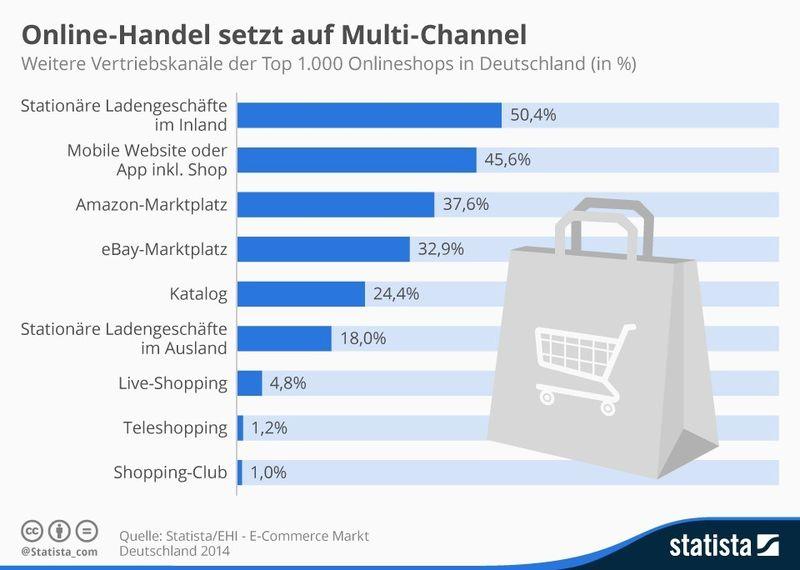The minister summarizes the situation: "The economy is surprisingly robust during the pandemic, but retail is hard" met ".It is his political goal that trade and city centers survived, explains the minister.Digitization is not a problem, but rather part of the solution: "The trade must expand its counter into the network."A challenge - but feasible, says Altmaier and promises dealers an open ear for their concerns.
What is certain is that the online trade has experienced an unprecedented thrust through the pandemic.According to the IFH Cologne experts, sales and maturity level of e-commerce are at a level today, which would only have been reached in four years without pandemic.A development that, according to the deputy general manager of the German Trade Association (HDE), Stephan Tromp, cannot be turned back.
After all, 50 percent of inpatient retailers are already visible digitally, for example by being represented in marketplaces, Tromp explains.A good value for him, but also one with air up."Because what potential customers are not displayed on the smartphone these days does not exist for many," says Tromp.His ideal idea: an online product search that also shows the availability in nearby stationary trade.
Local trade also asked in the future

But is the consumer still interested in local trade after the end of the crisis?Yes, says IFH managing director Boris Hedde.Surveys showed the desire for convenience, but also for experiences that e-commerce cannot offer.Traders would have to serve both, so the differentiation of online and offline does not lead to the goal."Many consumers have the desire to support local dealers - on which channel they do is ultimately irrelevant," says Hedde.
An assessment that is confirmed in practice, as Olivia Kempke from the Lübeck Wirtschaftsnetzwerk Lübeck Management explains: "Our local dealers experience that the same customer buys from you via different channels."This reduces the inhibition threshold among the entrepreneurs to invest in the establishment of an online shop.
So that it will be even lower in the future, the online marketplace Ebay and the HDE started the project "Ebay Your City"."The new platform offers a mix of shopping and local search functions," explains Ebay Germany boss Oliver Klinck.For example, it is possible to find all furniture providers in a city quickly and easily.It is up to him whether the customer would like to buy online or on site.
National Ebay marketplace increases range
Because all products set on the local town platforms are also listed on the national ebay marketplace, the circle is potentially achievable customers."We have dealers who sell across Germany or even internationally," says Klinck.However, he does not advise you on the task of physical business."The Customer Journey will last longer in the future and contain more touchpoints - one of them will remain inpatient shops," Klinck is convinced.
But what else can you do to lure customers there in the future?"Shopping must be combined with non-commercial topics of leisure activities," explains IFH boss Hedde."The future belongs to the rather casual shopping."Kirstin Pukall, head of unit at the Ministry of Economy, is a deficit that particularly affects parents:" There are hardly any childcare offers for children in city centers and shopping centers in Germany."This is common in other countries - and a way to attract young families.
Conclusion: The local trade will not take place purely digitally in the future.Rather, it wins who intelligently linked different channels.Tromp goes one step further: "We have to ask ourselves how the entire city center can be digitized.Because we need networking and interaction of all actors to achieve more boost for trade."



